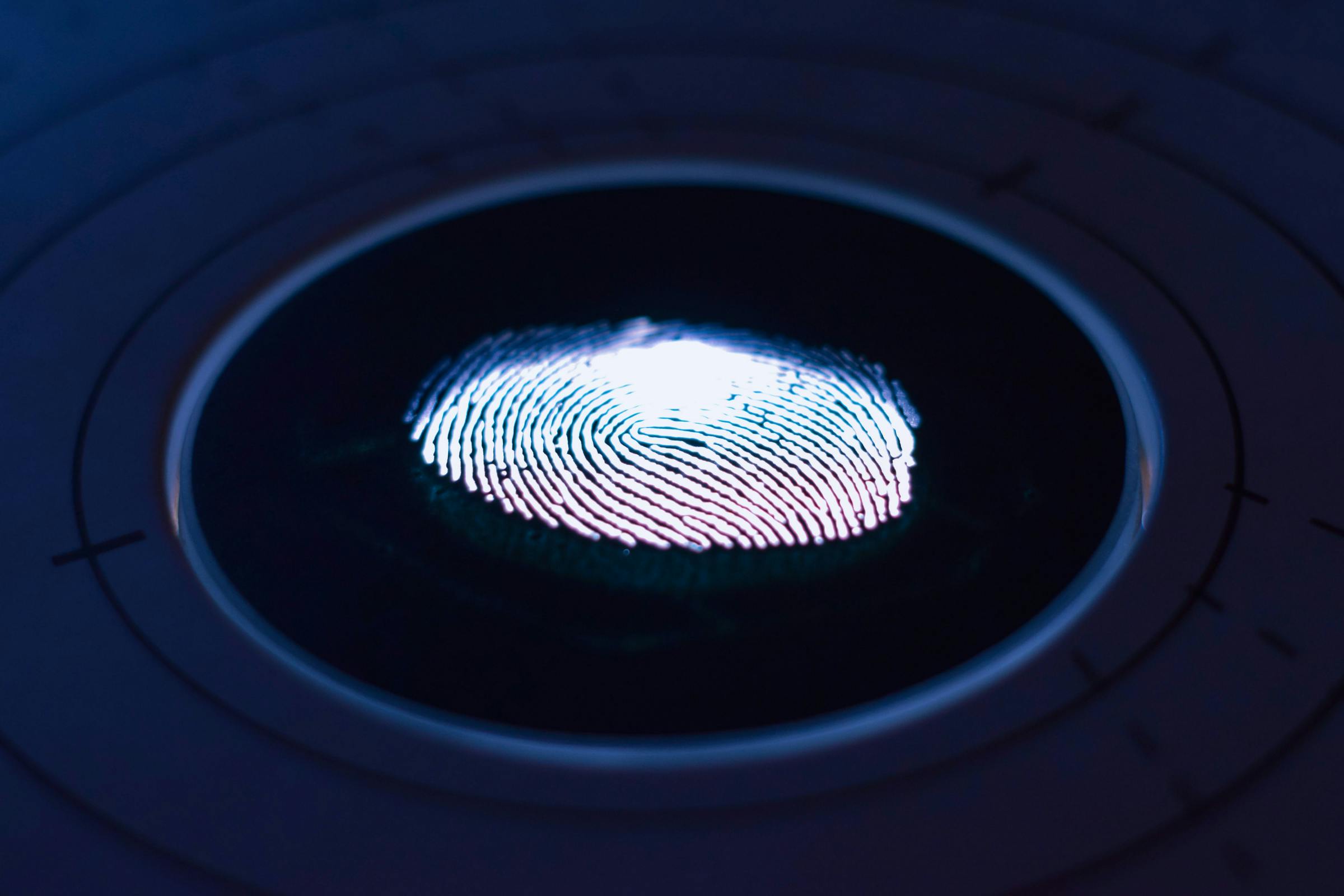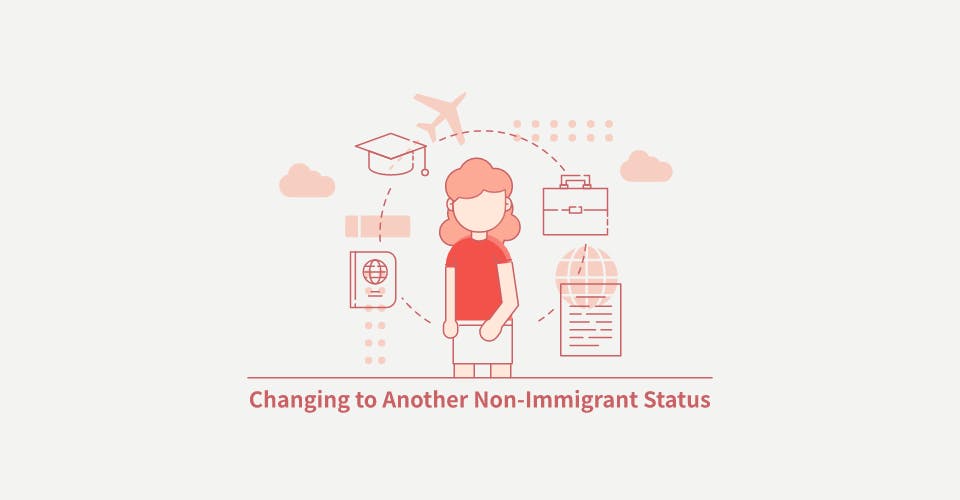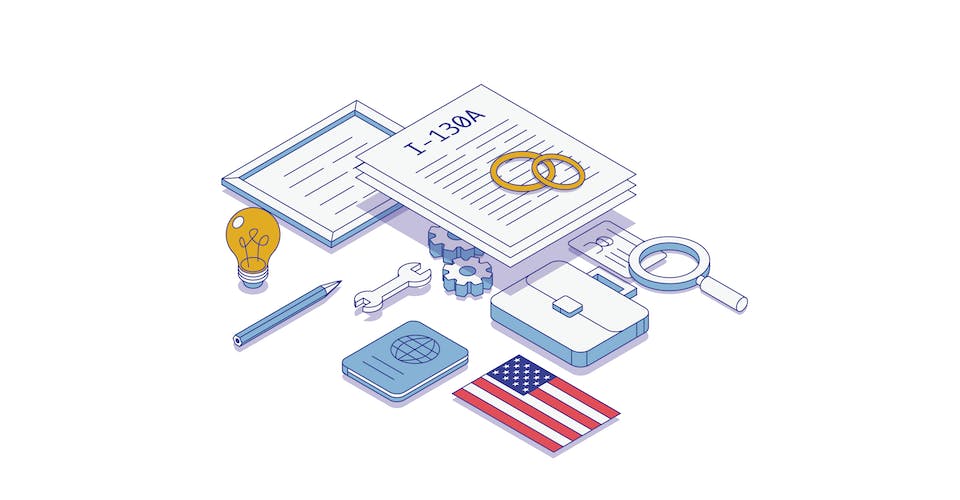The N-400 application is one of the final steps for green card holders to be eligible for naturalization in the United States. The form is pretty standard, is 20 pages in length, and in most cases should be a “review” for USCIS officers. Exceptions include if one has had a child with a marital partner while they have been a green card holder or possibly have a new job or have since gotten divorced. Essentially, any new information should be recorded, but information about ones past affiliations should be consistent with theirI-485 application.
As such, the main section of the N-400 application that asks very critical questions of applicants and their past affiliations is in Part 12, titled “Additional Information about you”. The section, according to top immigration attorneys and experts, is testing the applicant for what is defined as good moral character. Answering these questions in the right manner can be the difference between having your citizenship application rejected or accepted.
Let’s review some of the questions on this section.
Keeping a Consistent Record
First off, this section is not asking questions about your job or marital status. That is biographic information that has already been taken care of. This section, as mentioned above, is about ones loyalty to the United States. For example, Question 4a asks applicants to identify if they “have ever had a title or an order of nobility in another country” and 4b then asks the applicant if they are willing to give up such title at the naturalization ceremony. This question represents a choice that applicants will have to make if they want to show their loyalty to the U.S., or want to keep their foreign title. Many questions in this section invariably asks applicants to show their loyalty if they want to become a U.S. citizen.
Questions 9-15 pertain to group affiliations (i.e. having been involved with a totalitarian government or other club, organization, society). If you recall as an applicant filling out your I-485, there is the same question asked, although worded slightly differently. Applicants need to be honest in this section, because if they are not consistent with what they listed on their I-485, they might be required or asked for additional evidence while their N-400 is processing. Their case might also move to a “pending” status, which can tack on additional wait times of 1-3 months.
Other questions in this Section deal with any involvements of regimes that the U.S. has historically opposed through major movements, wars, or opposition, in which an applicant stating they have been a party to can be seen as a violation of ‘good moral character’, such as having an affiliation with the Nazi party in any respect. It is a good idea to answer questions in this section carefully, and also refer back to the I-485 you filed in case you forgot to admitting to being part of some party or group.
Additionally, if you were part of a group, for example a non-profit or volunteer organization that helps fight against pollution, there is no reason to hide this information because such affiliations show ones values that align with good civic and moral duties. Similarly if you were involved with any charity organization, please include it in this section. There is a space to explain the nature of any organization an applicant was part of directly under Question 9B in Part 12.
Many other questions relating to public charge are asked in this section, as they were in the I-485 application. The chances are that if you are an N-400 applicant and already an LPR in the U.S., you have a clean record and were honest about all of the public charge related questions on your I-485 application.
If you have been receiving some type of new benefit after being admitted and receiving your green card, it is a good idea to be honest about such benefits on the N-400. The USCIS might otherwise bring up such points of inconsistency during your naturalization interview.














